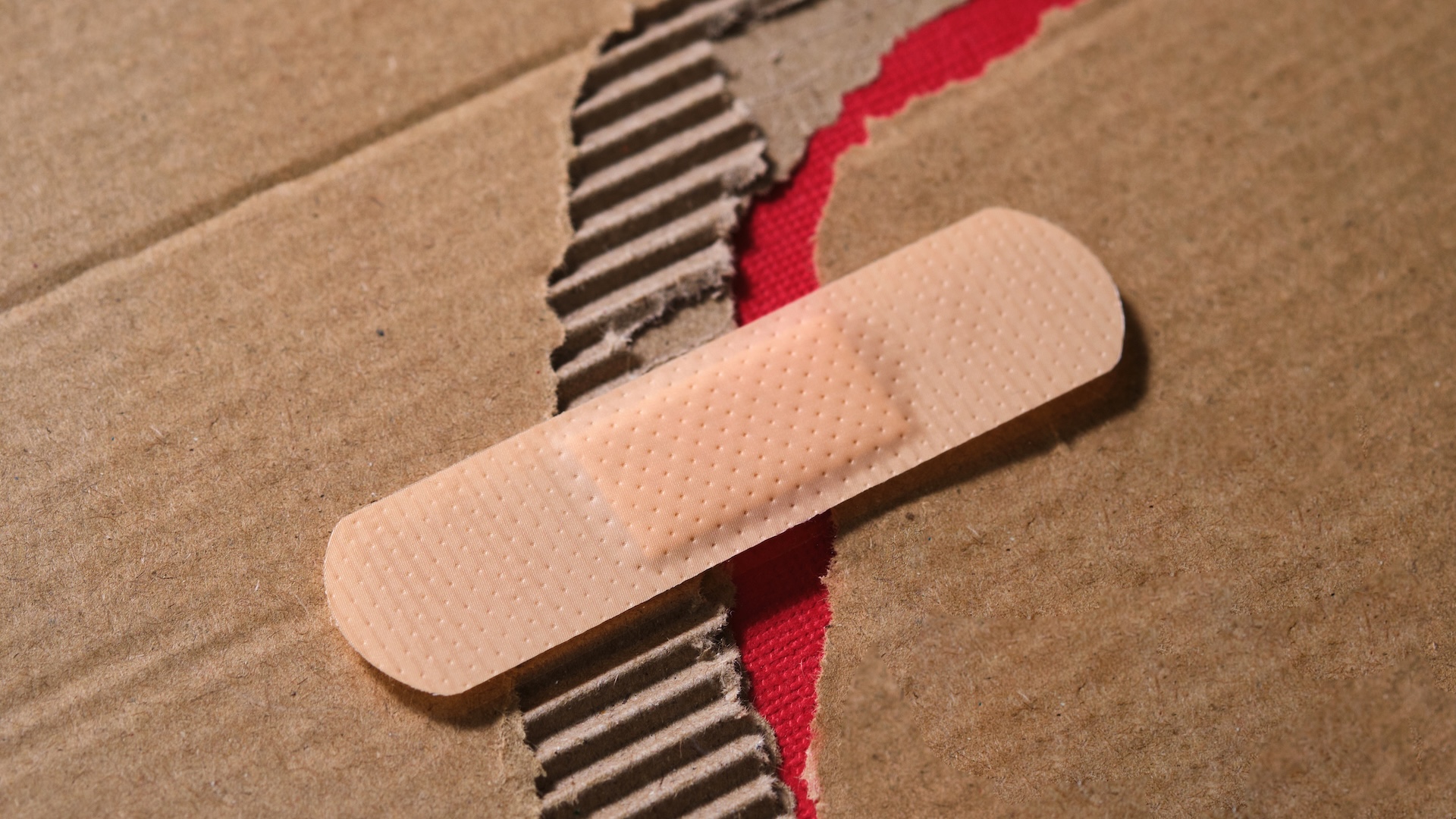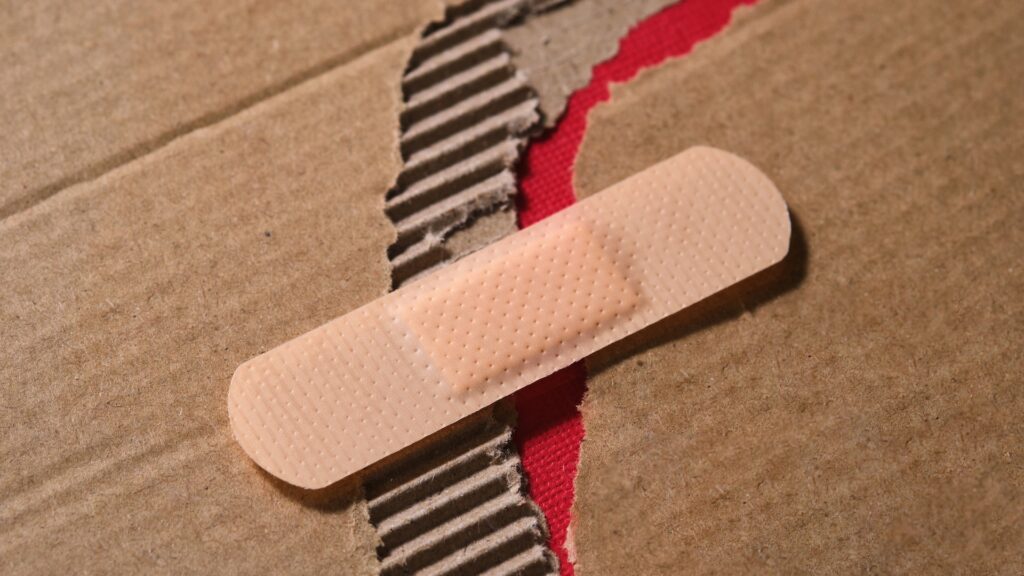
Injuries may heal much more slowly in humans than they do in other mammals, including our closest primate cousins, scientists say.
In a study published Tuesday (April 29) in the journal Proceedings of the Royal Society B: Biological Sciences, researchers found that human wounds healed around three times more slowly than the same injuries in nonhuman primates, including chimpanzees (Pan troglodytes), which, along with bonobos (Pan paniscus), are our nearest living relatives.
This difference in healing rates between humans and chimps was not present between other species of primates, nor between nonhuman primates and other mammals, like rodents. The discovery suggests humans evolved slower healing at some point in our ancestry.
“This finding indicates that the slow wound healing observed in humans is not a common characteristic among primate order and highlights the possibility of evolutionary adaptations in humans,” the researchers wrote in the paper.
Human wounds heal in several stages, starting with clotting to prevent bleeding, followed by immune cells, like neutrophils and macrophages, rushing to the area to kill bacteria and remove dead tissue and debris. Next, the body repairs the damaged tissue: Fibroblast cells make collagen, a protein that provides structure and strength; new blood vessels form to supply nutrients; and skin cells migrate across the wound to cover it.
Other mammals heal in much the same way we do, with minor differences. Some species — like rats, mice, horses and cats — heal via a method called wound contraction, in which the edges of the wound are pulled together like stitches in sewing.
In the new study, the researchers tested how healing rates differed between humans, nonhuman primates and other mammals.
The researchers tested wound healing in olive baboons (Papio anubis), Sykes’ monkeys (Cercopithecus albogularis) and vervet monkeys (Chlorocebus pygerythrus) that had been captured in the wild and subsequently housed at the Kenya Institute of Primate Research. The primates were anesthetized and given a 1.6-inch (40 millimeters) wound, and the surface area, length and width of the wound was measured every day afterward.
To measure wound healing in chimpanzees, meanwhile, the researchers analyzed photographs of naturally occurring wounds on five chimps at the Kumamoto Sanctuary of Kyoto University in Japan.
These wounds were located across the upper limb, lower limb, back, buttocks, abdomen, face and back of the hand, and were photographed at two- to seven-day intervals. The healing rate in humans and rodents was also measured. Twenty-four human volunteers who had operations to remove skin tumors had their wounds photographed daily at the University of the Ryukyus Hospital in Japan. The rat and mouse wounds were created and monitored in the lab.
The researchers found that there was no statistically significant difference between the wound-healing rates among the four nonhuman primate species, and no difference between the healing rates of primates and those of rats and mice. They also found that the wound-healing rate in humans was about three times lower than that seen in the nonhuman primate species.
“The results obtained indicated a common healing rate among cercopithecines [a group of Old World monkeys], which constitute a significant portion of the primate order, and chimpanzees, which are genetically and phylogenetically the closest relatives of humans. This observation suggests that non-human primates share a common healing rate,” the researchers wrote.
This finding indicates that humans may have evolved slower healing relatively recently, after diverging from our last common ancestor with chimpanzees 6 million years ago, the researchers said.
Developing a slower healing rate seems counterintuitive, as slower healing may reduce our ability to avoid predators and access food, and it uses up more energy needed for growth and reproduction.
The researchers suggested that humans’ slower healing may have arisen due to differences in body hair, skin thickness or sweat-gland density. Increased concentration of sweat glands would have led to a decrease in body hair density, possibly leaving the skin more vulnerable to injury. This may have sparked the evolution of a thicker layer of skin to increase protection, which in turn may have resulted in slower healing rates, the researchers suggest. Human social groups, as well as our first forays into medicinal plants, may have helped to mitigate the disadvantages of slower wound healing, the team proposed.
However, more research is needed to truly understand the reasons for the slow healing, the researchers said.
“A more comprehensive understanding of the underlying causes of delayed wound healing in humans requires a comprehensive approach that integrates genetic, cellular, morphological, fossil human skeletal and extant non-human primate data,” the researchers wrote.
